Wild West Words: Cast, Eddy, & River
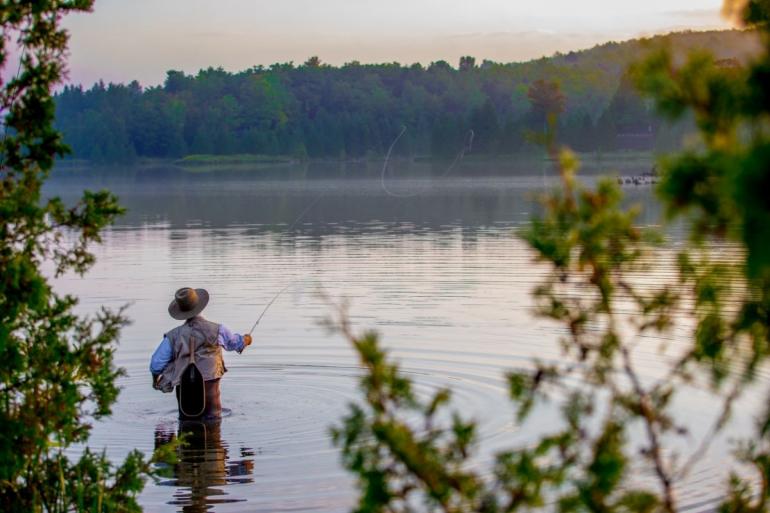
Cast
Any dictionary dedicates a lot of space to the many definitions of the word cast. As a noun, it can refer to the ensemble of actors in a play, a plaster covering for a broken limb, the excrement of an earthworm, and a hint of a color, as in a greenish cast.
In verb form, to cast is to throw a fishing line, to assign parts in a play, to mold a shape. In British slang, cast means “to vomit.”
A word accompanied by so many definitions has usually been around a long time. Cast was first printed in an English document as long ago as 1230, borrowed from an Old Norse verb kasta, “to throw.” This original sense carries through in our modern phrases cast the first stone, cast a net, cast the dice. More figurative meanings emerge in cast a glance, a shadow, a spell, a vote.
Playwright Ben Jonson, a Shakespeare contemporary, knew the word cast in the context of fly-fishing. “I have cast mine angle,” said a character in Jonson’s 1612 play The Alchemist. Five hundred years have passed between Ben Jonson’s cast and the one used by Montana anglers, yet the word has remained remarkably stable.The “throw” sense of cast developed into the idea of “throwing” something into order or shape. To assign roles to a company of actors is to “cast” it into order, a sense seen as early as the 1630s. The same idea applies to “throwing” a plastic or fluid substance into a particular shape: a model made from taking an impression of an object, or a plaster “thrown” around a limb to form a cast.
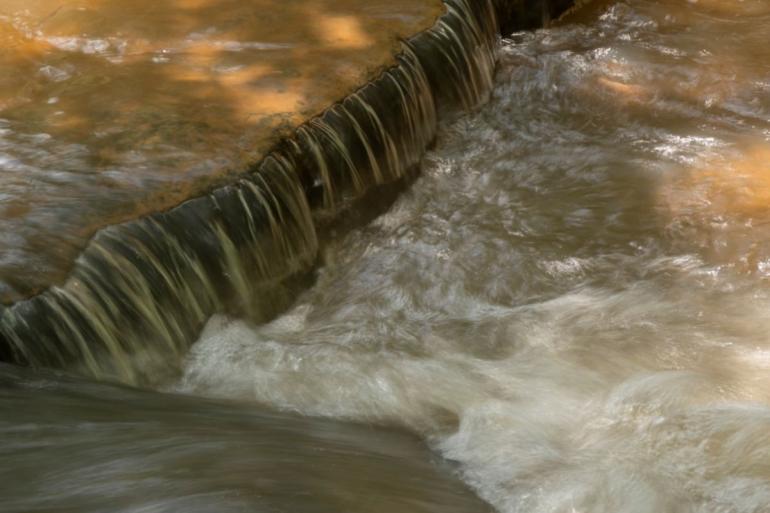
Eddy
Some terms in our language are linguistic orphans, standing alone in a sea of a million unrelated words. Such is the profile of eddy, the peculiar little term meaning “small whirlpool.”
When you look up eddy in any etymological dictionary, you’re likely to find “origin unknown” beside its entry. But some tantalizing ideas lie in the wake of its long history in the English language.
The Oxford English Dictionary traces eddy’s first English citation to the year 1448, when it was spelled ydy, a curious combination of letters. The OED’s word watchers spied the word again in a 1553 document where it was spelled Iddye.
Some sources say the term is ancient—prehistoric, in fact—coming from an old Germanic element meaning “back” or “again,” reflecting the observation that water in an eddy cycles back again and again.
Another etymological possibility lies in Old Norse, the language of the Vikings, and its word itha, meaning “whirlpool.” It’s also been suggested that eddy derives from an Old English term meaning “wave.”
Eddy is an odd, stubborn term with centuries of secrets. We word lovers, who so enjoy a good, clean etymological story, must let eddy’s mysteries abide.
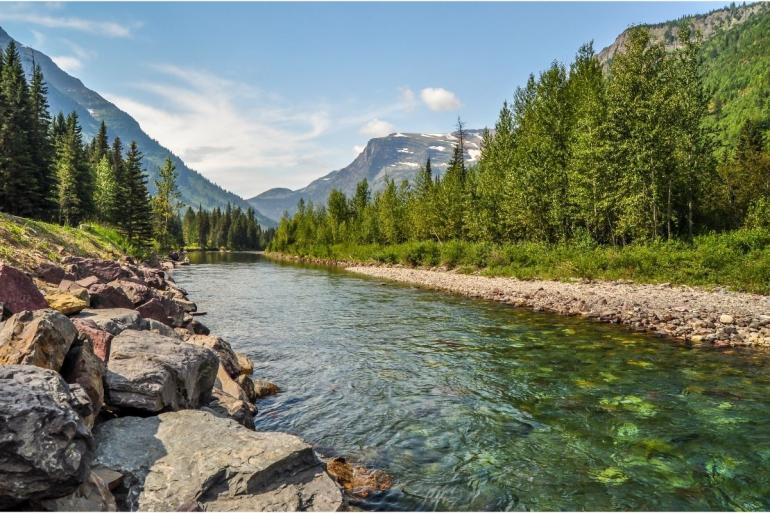
River
Competitors for the same thing are rivals. The contestants may be rivals in love, or for the same coveted job or position. A close look at the history of this term reveals that the original rivals clashed over water.
The ancestor of the modern rival is the Latin term rivus, referring to a stream or river. Ancient rivals lived on opposite riverbanks and vied for rights to their common source of water. They may also have been culturally and linguistically divided, as streams and rivers are natural borders. Little has changed of this linguistic notion; contemporary humans around the globe, including here in the arid West, continue a rivalry over water rights.
The Latin rivus is the source of our modern English river, and also gives French its rivière, as well as the geographical term Riviera.
A river hides in the related term arrive, literally “to the river bank,” and implies the end of a (river) journey. Even more heavily disguised is derive, which originally meant “to lead or draw off (a river) from its source.”
River-lovers may cherish the term riparian, “pertaining to river banks.” Thomas Jefferson was one of the first Americans to use this Latin-based word in a letter he wrote in 1807.
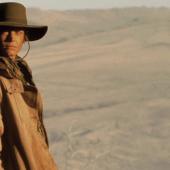









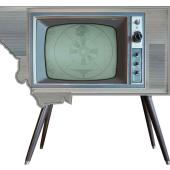
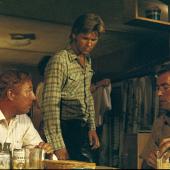
Leave a Comment Here